Feedback on AZGroups Feedback Form
Next Monday is the 7th Annual day of .net with Scott Guthrie. I’ve been doing this event for many years and this year (for the first time) I’ll be asking for a feedback / eval form to be turned in at the end of the day. In true community fashion, I would like to ask…

